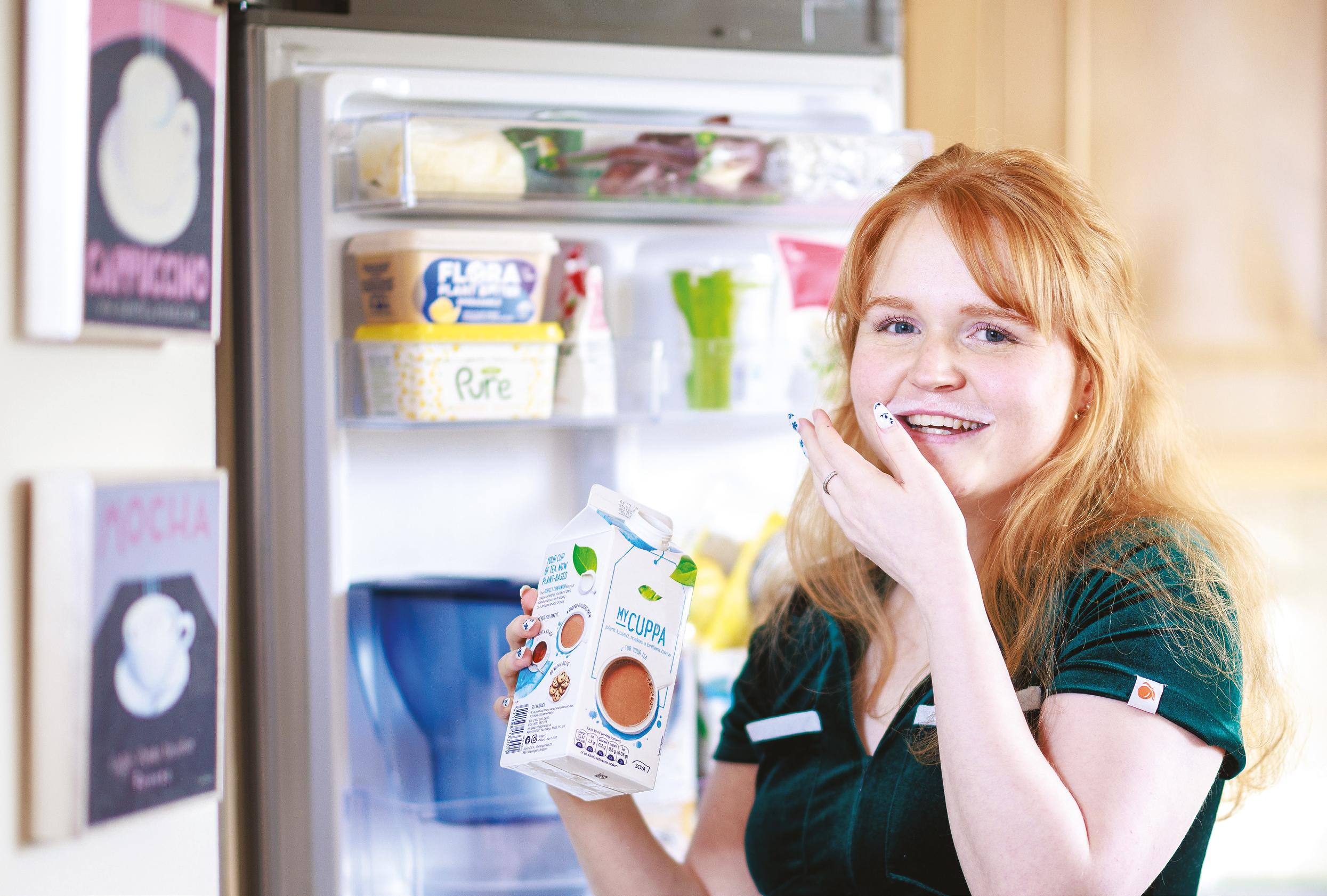
4 minute read
MAKE TIME TO TALK
MAKE TIME TO TALK
We marvel when a baby smiles back at us, says its first word, or mimics our actions. It’s no coincidence. Jackie Rankin discovers how baby babble and bedtime stories can shape a child’s ability to communicate.

Charlotte Rees could talk all day about the benefits of communicating with a child. As a specialist speech and language therapist in Knowsley she says we all play a vital role in helping our children develop the skills they need.


“We are the specialists, but there’s so much parents, schools and nurseries can do to help. Speech and language is everybody’s business.”
Speech and language therapist Nicola Sadaati, says it’s never too early to start. “We know that babies in the womb can hear our voices. Midwives are now advising parents to ‘talk to the bump’.
When the baby is born, lots of face to face contact and simple sounds will demonstrate expressions and language we want the baby to learn and copy.”
When life is busy, it’s often hard to see the value of reading books or reciting nursery rhymes. But Charlotte Rees says they’re vital communication tools.
“We learn language by copying, but children need to be taught how to copy. Books are visual so you can match the spoken word with the pictures.
“You can discuss taking turns – ‘my turn to choose a book’ your turn to turn the page’. Children enjoy the rhythm of a nursery rhyme, and it relates to real things”.
Charlotte urges parents to worry less about making more time in a busy schedule, but to use the time they have mindfully.
‘a shiny apple’. Suggest ‘Teddy wants to eat the apple’? She recommends switching off televisions or other background noises while you play. “Have you ever tried to read a text when someone is talking to you? Children are the same, they can only process one channel at a time, they’re far more likely to listen and tune into the interaction if there’s no distraction.”
“Every tiny moment you spend with a child counts. Use natural opportunities throughout the day. Tell a story at bath time, use phrases like ‘arms up’ or ‘legs down’ while you’re dressing your child. Sing Round and Round the Garden while you’re putting on shampoo or cream. If you’re walking or driving, talk about what’s around you or find things with a clue for example ‘let’s find something that is large’.”
Play helps develop language says Nicola. “Grab a teddy and an apple and explain to the child that it’s a ‘green apple’,
• Find a calm and quiet space, turn off the TV or electronic devices
• Describe your own or your child’s actions, for instance “I’m putting on your red coat”
• Repeat and extend language your child uses. If your child says, “doggy!”, respond, “yes, the black doggy is running”
• Playing games which require turn taking and praise your child when they show they can wait for their turn
• Try keeping desired items out of reach so your child must ask for it, or give smaller amounts of an item to encourage your child to ask for more

Has the pandemic affected children’s speech? “Research is only just beginning about the challenges this will bring, but there are children who started nursery later because of lockdowns, who may not have the skills they would be expected to have,” says Charlotte. “We’re lucky, our nurseries recognise that there’s so much they can do to promote language development and they know when to refer to us.”
Read Finley’s story on page 6.
HINTS ANDTIPS
• Connect a word to an object. When reading, point and name items in the pictures
• Join in with your child’s play, making comments like, “you gave the dolly her bottle”
• Everyone’s communication is different. Be patient and wait for child to respond in their own way.
Find more on speech and language at merseycare.nhs.uk

Speech and language therapist Charlotte Rees.










